Looking Back – 2020 SIRC Content Highlights
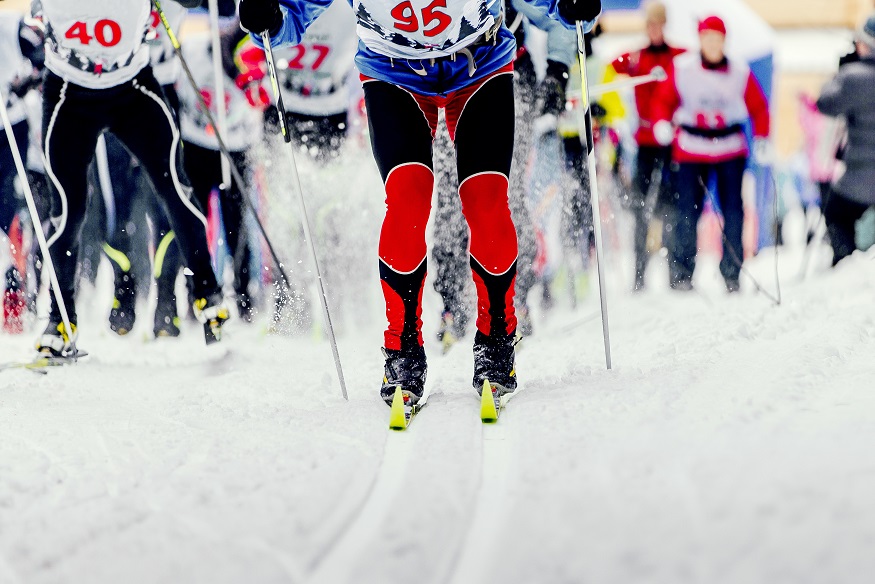
Although 2020 was a challenging year, it was rich with learnings and silver linings for the Canadian sport and physical activity sector. Featured below are highlights of SIRC’s top content from the last 12 months. Whether you’re looking for insightful reading during a quiet moment over the holidays, or a quick video to get your…
Changing attitudes towards people living with a disability
Integrated physical activity programs for individuals with intellectual and developmental disabilities not only offer benefits for participants, they can also influence the attitudes and behaviours of others. Learn how the APEX program is impacting support workers, program volunteers, and other members of the University of Windsor community, in the SIRCuit.
Exploring social support, sport participation, and rural women’s health using Photovoice
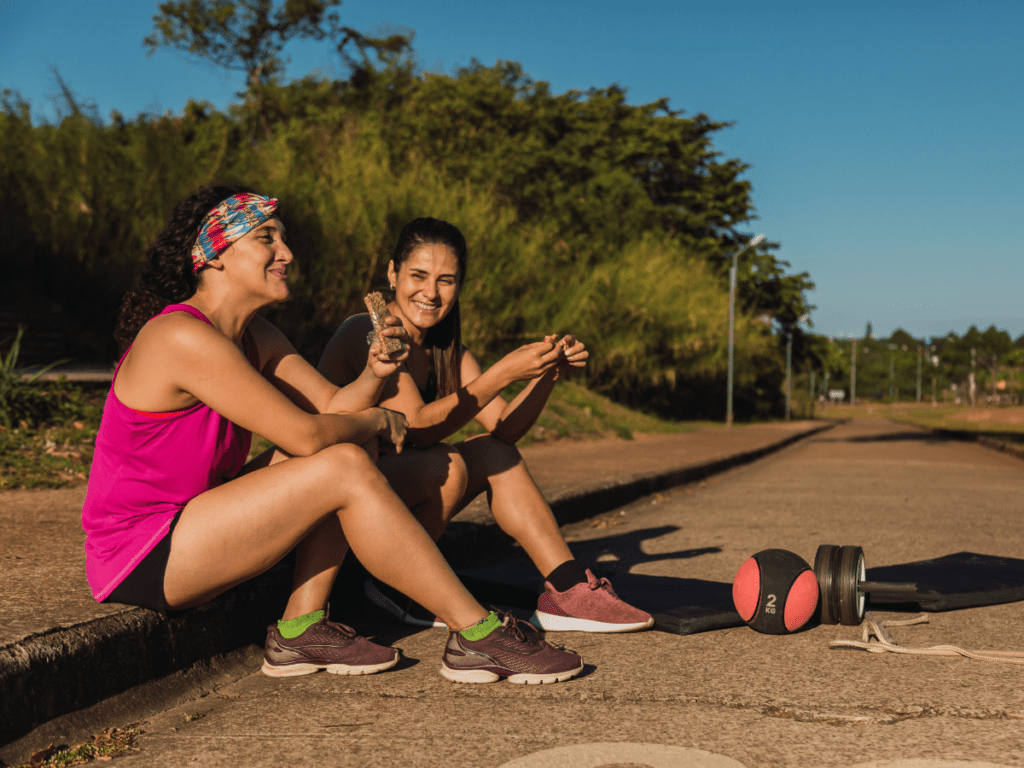
Project Summary Research Objectives: Conclusions: See Results Research methods Study participants used the photovoice method which includes picture taking with cameras, recording in log books, and group interviews. Participants first participated in a Research Orientation session, then took relevant photos and recorded in logbooks for two weeks, following which the log books were retrieved and…
Rwandan girls’ perspectives on their lived experiences of physical education and sport: Challenges and solutions to sport participation
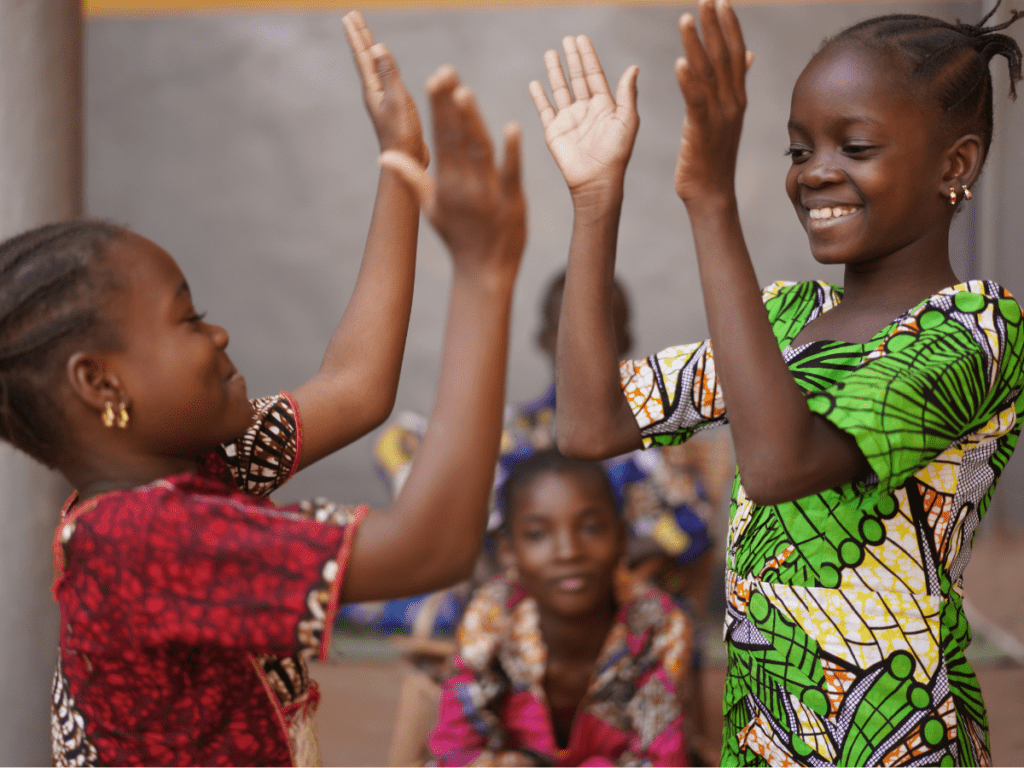
Project Summary The objectives of this research were to: Though this research took place in Rwanda, the tools developed to gather girls’ perspectives and feedback and to integrate them into decision-making processes are relevant and can easily be adapted to a Canadian context in order to contribute to a better understanding of physical education and…
Adapting Sport and Physical Activity for Individuals with IDD: Highlighting a Decade of Inclusion and Outcomes
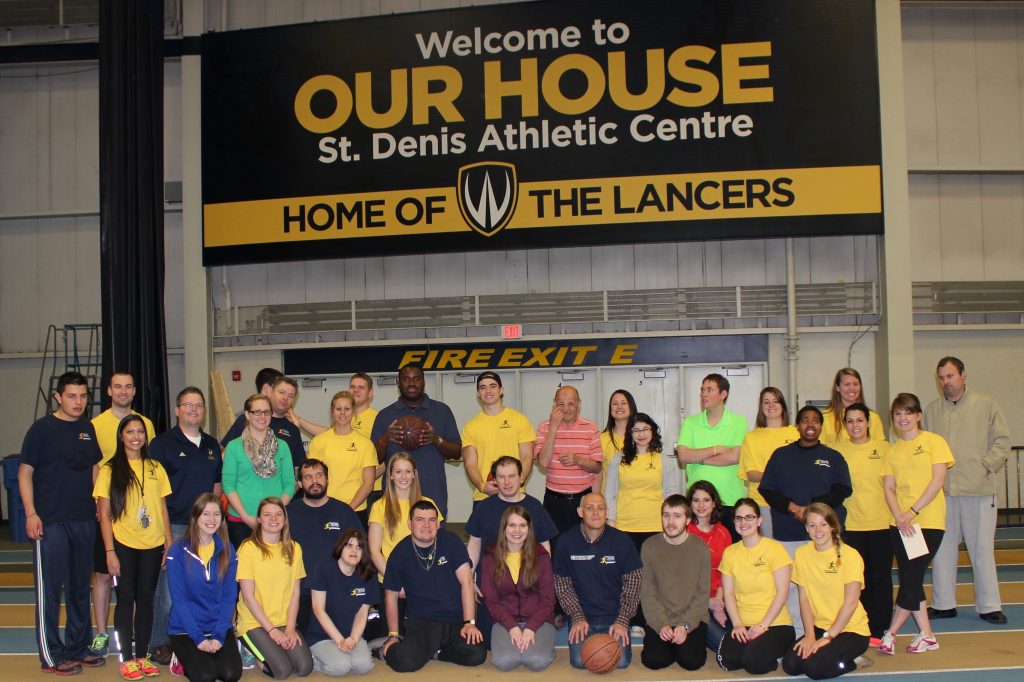
The Adapted Physical Exercise (APEX) Research Group at the University of Windsor leverages the transformative power of sport and physical activity through inclusive, barrier-free programming for adults with intellectual and developmental disability (IDD). In collaboration with Community Living Essex County, APEX delivers volunteer-led, one-on-one fitness training at the University of Windsor’s fitness facility. The purpose of this article is to summarize our key findings and recommendations from…
A True Sport Journey: Gymnastics Canada’s new Values-Based Coaching Module
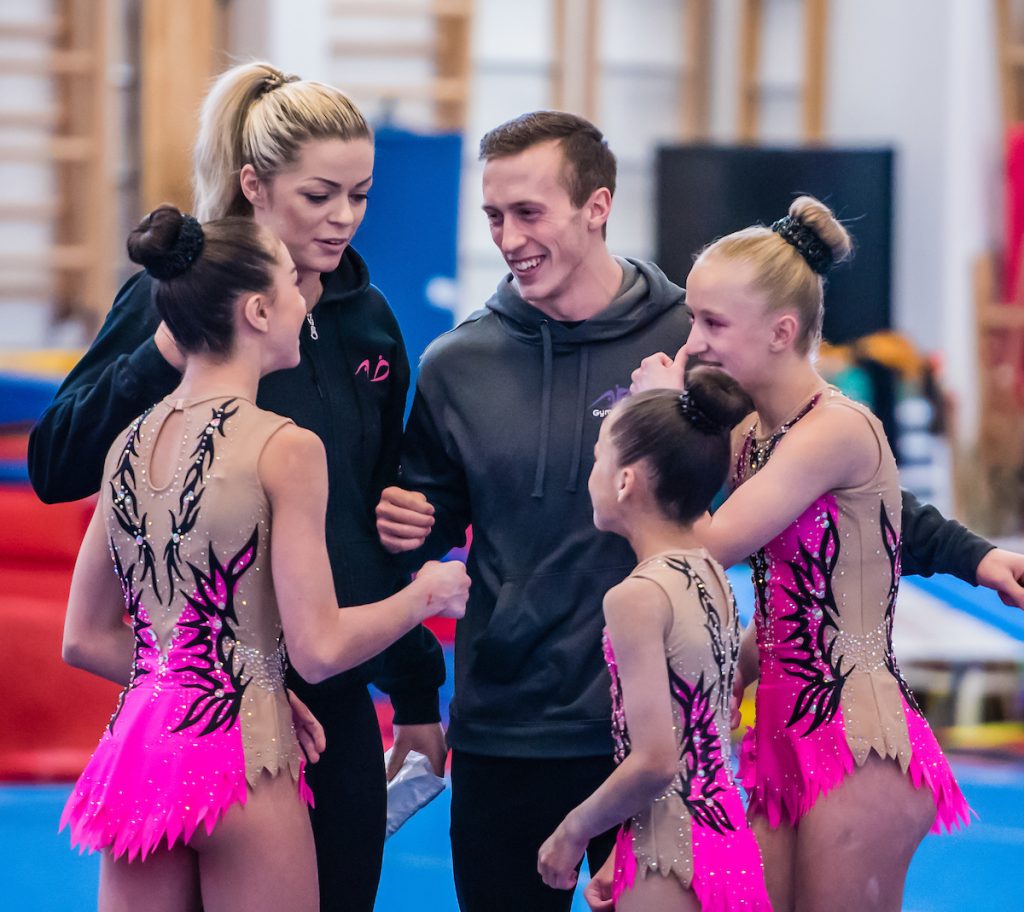
“Build the foundation. Create champions. Inspire the nation.” Although Gymnastics Canada’s (GymCan) mission statement refers to the sport of gymnastics, it could also describe their new project with the Canadian Centre for Ethics in Sport (CCES) to create a True Sport e-learning course for coaches. What is True Sport? If you’re involved in community sport,…
Returning to Play…Better

When the initial shock of the COVID-19 lockdown passed, the attention of our sector turned to contemplating what sport and physical activity would look like in an era of public health restrictions. The development and implementation of return to play plans, driven by a commitment to sport organizations’ members and the practicality of long-term sustainability,…
Unconscious Bias
Unconscious biases, based on mistaken, inaccurate or incomplete information, affect our behaviour or decisions without us realizing. The first step to interrupting bias is awareness. This Catalyst blog discusses the most common types of unconscious bias (e.g. affinity bias, confirmation bias, name bias), and provides tactics to ensure they are not negatively influencing the workplace.
Program Promotion
Do your promotional strategies include the necessary information for athletes experiencing disability to feel safe, welcomed and confident in their participation? Don’t forget accessibility information, local transportation options, specialized equipment available, level of challenge, and coach certification.
Cultural Context
Understanding the cultural context of a community is critical when designing and implementing physical activity and sport programs. For example, integrating Indigenous values, beliefs, and practices (e.g. smudging, berry picking, hunting) into programs can greatly enhance their value among Indigenous groups. Engage stakeholders in the process, and ensure that their needs and priorities are taken…